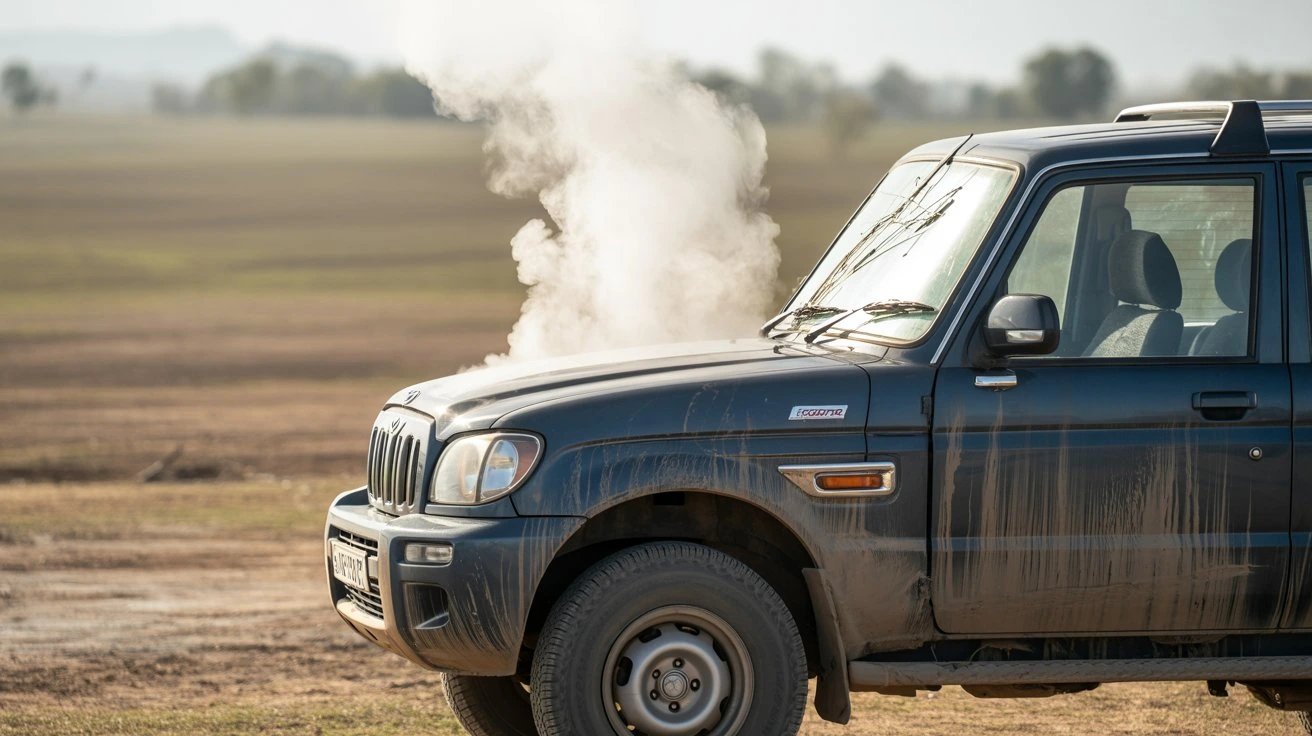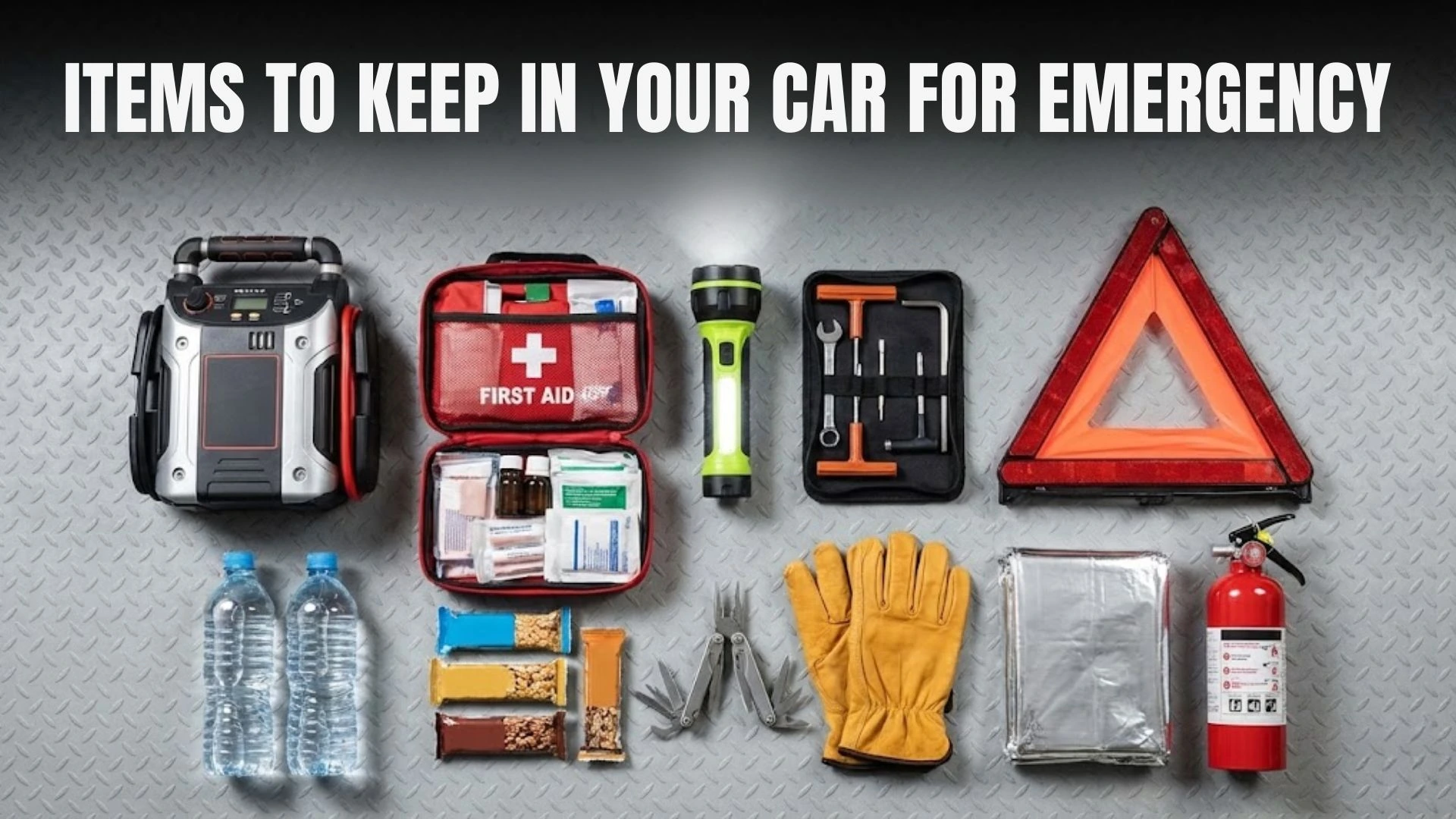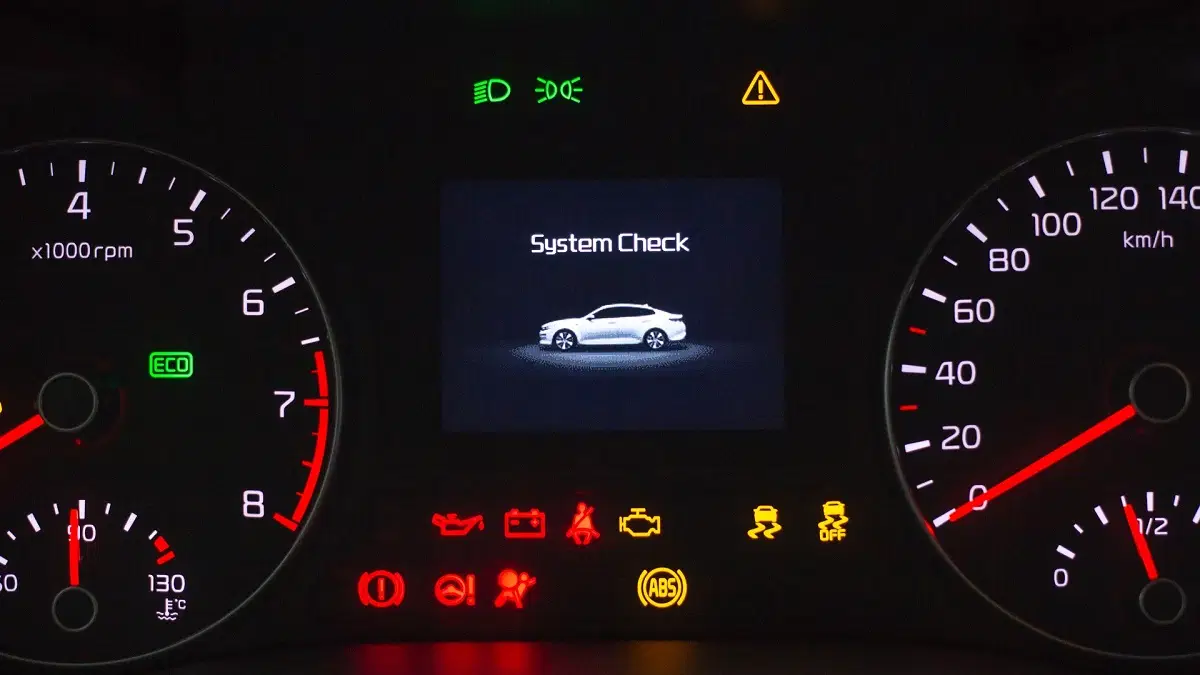
Table of Content
▼Summer brings not only rising temperatures but also an increased risk of engine overheating. It's one of the most frustrating problems a car owner can face — stuck in traffic, with the temperature gauge soaring, and steam rising from the bonnet. But why do engines tend to overheat more in summer, and how can you prevent it?
In this guide, we’ll explain the common causes of engine overheating during the summer, how your car's cooling system works, and the steps you can take to avoid overheating in extreme heat.
Why Summer Raises the Risk of Engine Overheating
Summer is particularly harsh on your car's cooling system. The engine itself generates a tremendous amount of heat when it runs, and when the outside temperature is high, it puts extra pressure on the system's ability to cool the engine down.
Your coolant, radiator, fans, oil, and other components work together to maintain the engine's optimal temperature. If any one of these parts fails, it can cause engine overheating — especially when combined with factors like traffic congestion, long highway trips, or steep inclines in hot weather.
Also Read: Learn About Car Insurance Claims in Various Situations
Top Reasons for Engine Overheating in Summer
1. Low Coolant Levels or Leaks
Coolant or antifreeze is crucial for regulating engine temperature. It absorbs heat from the engine and releases it through the radiator, where it’s cooled by airflow. During hot weather, coolant evaporates more quickly, and rapid coolant loss can result from leaks in hoses or the radiator.
- Tip: Frequently check coolant levels and top them off as needed. If you need to refill often, there might be a leak that needs attention.
2. Malfunctioning Radiator or Blocked Fins
The radiator is where heat is transferred from the engine to the outside air. If it's damaged, clogged with debris, or internally blocked, it won’t cool the coolant effectively.
- Airborne debris like dust, insects, or leaves can obstruct airflow to the radiator.
- Internal blockages can restrict coolant flow, reducing heat dissipation.
- Tip: Regularly clean your radiator fins and flush the cooling system every 30,000 km or as recommended by the manufacturer.
3. Worn-Out or Faulty Hoses and Belts
Rubber coolant hoses inside the engine can become brittle over time, especially in hot weather. Worn-out belts that drive accessories like the water pump may also cause overheating.
- Leaky hoses or cracked belts can lead to coolant leakage, which causes the engine to overheat.
- Tip: Replace belts and hoses every 3 to 4 years, or after 40,000–50,000 km, to maintain the cooling system.
4. Failing Thermostat
The thermostat regulates the flow of coolant based on the engine's temperature. If the thermostat is stuck in the closed position, coolant flow is blocked entirely, leading to immediate engine overheating.
- Even a partially faulty thermostat can restrict coolant circulation and make the engine run hotter than usual.
- Tip: Have the thermostat inspected during major services and replace it every 4–5 years to avoid issues.
5. Water Pump Failure
The water pump circulates coolant throughout the engine and radiator. If the pump fails, coolant circulation stops, which leads to rapid overheating.
- Look for signs like coolant leaks around the pump or strange grinding noises coming from the engine.
- Tip: Replace the water pump every 80,000–100,000 km, or when replacing the timing belt, to save on labor costs.
6. Engine Oil Issues
While oil is primarily known for lubrication, it also plays a role in cooling the engine by reducing friction and transferring heat. Low oil levels or old, dirty oil can prevent the engine from cooling properly, causing it to overheat.
- Tip: Stick to your oil change schedule and have the oil checked before embarking on a long summer drive.
7. Excessive Use of Air Conditioner
While the air conditioner helps keep the cabin comfortable, it adds extra load to the engine, especially in stop-and-go traffic. In older vehicles or poorly maintained engines, excessive use of the A/C can push the engine toward overheating.
- This becomes even more problematic in heavy traffic where airflow over the radiator is already weak.
- Tip: If the engine starts to overheat, turn off the A/C and switch on the heater to help move heat away from the engine.
8. Clogged or Dirty Air Filter
The engine requires a steady supply of clean air to maintain efficient combustion. A dirty or clogged air filter limits airflow, forcing the engine to work harder, which in turn increases the temperature inside the engine.
- Tip: Change the air filter every 10,000–15,000 km, or more frequently if driving in dusty conditions.
What to Do If Your Car Overheats
If you notice any signs of overheating, such as steam coming from the bonnet or a rising temperature gauge, follow these steps immediately:
- Turn off the A/C and switch on the heater. This helps transfer heat away from the engine by warming up the cabin instead.
- Shift into neutral or park and gently rev the engine light acceleration boosts coolant circulation and speeds up the radiator fan.
- Pull over safely and turn off the engine to allow the engine to cool for 15–30 minutes before checking further.
- Open the hood and wait until it's safe to do so, once the heat has had a chance to dissipate.
- Check coolant levels refill with coolant only when the engine is cold. Never use cold water on an overheated engine.
- Call for assistance if necessary if the problem persists, don’t drive further; call roadside assistance or a mechanic.
Preventive Tips to Beat the Heat
Want to avoid engine overheating altogether? Here are some helpful tips:
- Inspect coolant and oil levels every week in summer.
- Flush the cooling system every year.
- Clean the radiator and ensure the fan is working properly.
- Avoid overloading your vehicle excess weight makes the engine work harder.
- A malfunctioning A/C puts additional stress on the engine.
- Keep your temperature gauge in view during hot weather driving to catch overheating early.
Final Thoughts
Engine overheating is not just a summer inconvenience it can cause serious long-term damage to your vehicle. The good news is that most causes of overheating are avoidable with regular maintenance and attention to detail.
By keeping your cooling system, radiator, oil, and air conditioning system in top shape, you can prevent overheating and ensure a smooth ride even during the hottest months.
Also Read: IC Engine vs EV: Comparative Guide for Car Buyers
Follow Autonexa Whatsapp Channel to stay updated with the latest happenings in the automobile industry.
Karan Bhatia
Karan Bhatia is an automobile expert and reviewer with 8+ years of experience test-driving cars, bikes, and EVs. He provides honest, detailed, and practical reviews that highlight performance, design, safety, and value for money. His expert insights help readers make confident choices when buying their next vehicle.


_1771411501.webp)


